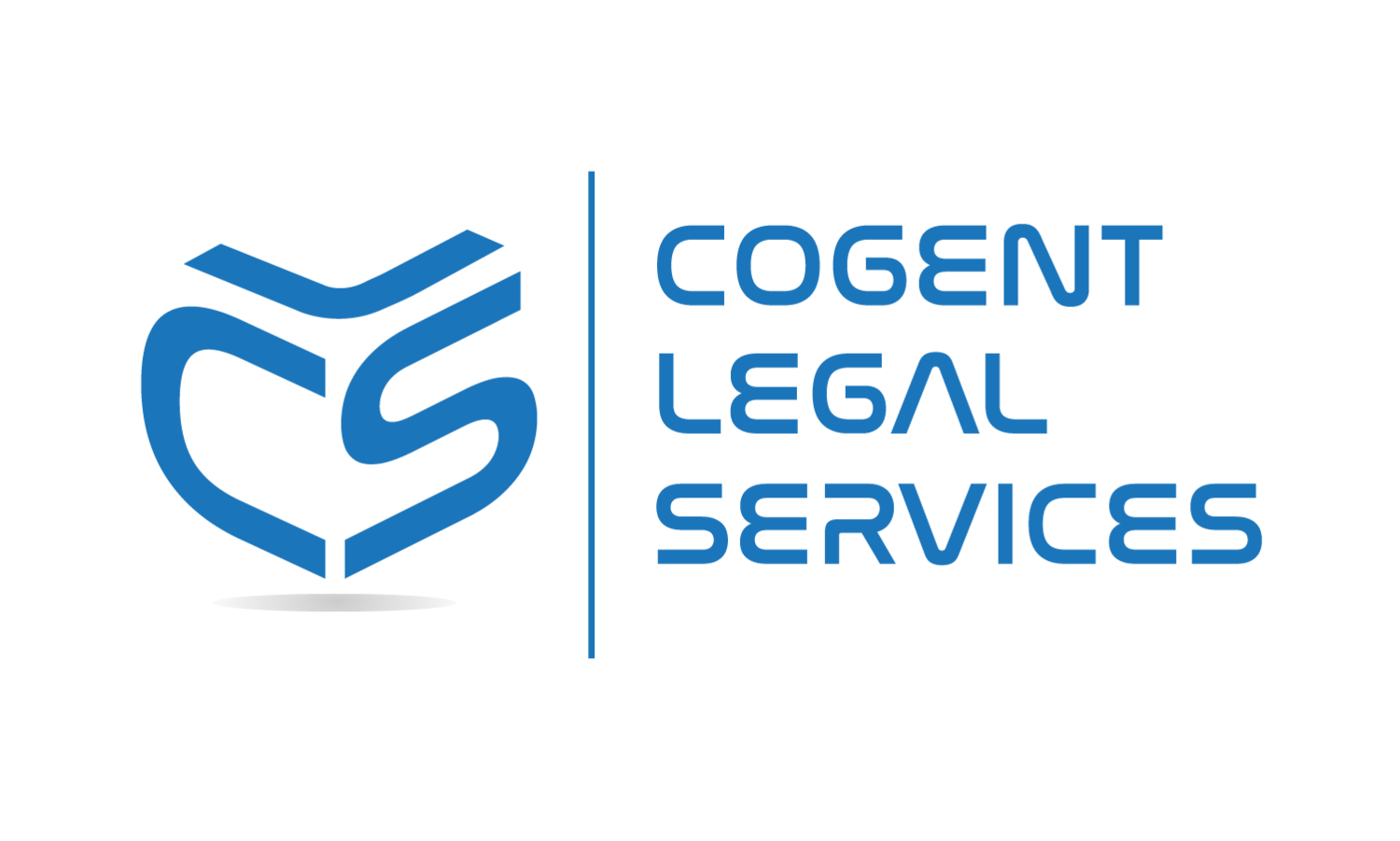The Cost of Inaccuracy: How Errors Undermine Cases
The Hidden Risks of Inaccurate Transcripts in Litigation and Claims
Mini-Series: Part 1
What if a single misplaced word in a transcript meant the difference between winning and losing a case? In litigation and claims work, that scenario is more common than many realize. Accuracy is the foundation of every deposition, hearing, and recorded proceeding. Yet even small errors in transcripts can snowball into significant costs—financial, reputational, and procedural.
At Cogent Legal Services, we see the risks of inaccuracy firsthand. Our clients—law firms, insurance carriers, and corporate legal departments—rely on transcripts as definitive records. When those records are flawed, the consequences can ripple through every stage of a case.
Why Accuracy Matters in High-Stakes Litigation
A deposition transcript is not just a document; it is a critical piece of evidence. Courts, arbitrators, and adjusters depend on precise wording to interpret testimony. Even minor misquotations can lead to misinterpretations of facts, contract terms, or timelines. In cases involving millions of dollars in damages or high-profile disputes, the margin for error shrinks to zero.
Inaccurate transcripts also weaken credibility. If a firm’s exhibits are challenged due to inconsistent or incorrect records, opposing counsel may gain leverage. Likewise, insurance professionals who depend on transcripts to evaluate claims risk making flawed decisions when their information source is unreliable.
The Financial and Strategic Costs of Errors
The immediate financial costs of transcript inaccuracies are clear: delays, corrections, and in some cases, re-depositions. Each of these steps consumes attorney time, paralegal resources, and client funds. For insurers, that means higher claims handling expenses and prolonged resolution timelines.
But there are also strategic costs. A misquoted witness statement might shift settlement negotiations, impact expert opinions, or even influence a judge’s ruling. A single inaccurate transcript can set off a chain of missteps that alter the course of litigation. For clients managing large caseloads, even small increases in risk or expense can multiply quickly.
Cogent’s Approach to Reliability
At Cogent Legal Services, we built our reputation on accuracy and accountability. Our court reporters and transcription professionals are rigorously trained, and we pair their expertise with advanced technology to reduce the margin for error. We know that attorneys and insurance professionals are counting on us for a faithful record that can withstand scrutiny.
Our statewide reach across Florida means clients benefit from consistent service wherever their cases take them. Whether in Miami, Tampa, Jacksonville, or smaller circuits, Cogent provides reliable coverage designed to safeguard our clients against the hidden risks of inaccuracy.
Building Confidence Through Precision
Ultimately, accuracy builds confidence. Attorneys can argue with clarity, paralegals can prepare with certainty, and insurance professionals can make informed decisions. At Cogent, we view every transcript as a tool that must empower our clients, not put them at risk.
If your firm or department has ever questioned the reliability of a transcript, it may be time to reassess your reporting partner. Reach out through our contact page to learn how Cogent can provide the dependable support your cases require.
